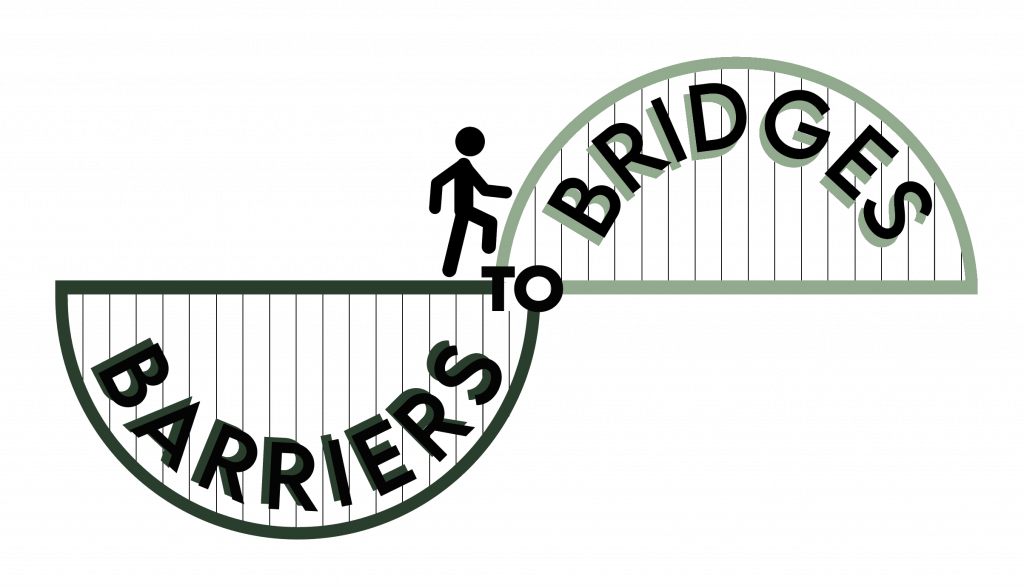by Caitlin Stimpson

Content warning: *potentially triggering descriptions of ableist slurs and outdated terms of offense are quoted from individuals throughout this article*
In 2020, it was estimated that a whopping 280 million people globally are using dating apps, and this was an estimate predicted for 2024 – but the pandemic sped the online dating game up drastically.
The controversial nature of dating apps isn’t always black and white, and if it’s one thing that the American TV hit ‘Catfish’ taught us, is that online dating can be complicated, and not always as it seems.
But what happens when we do portray ourselves as ‘accurately’ as a technological algorithm lets us, and various communities of people get let down? There aren’t boxes to tick that explain each individual’s daily life, and these descriptions alongside general prejudice and ableism can be daunting for anybody – and more topically, those living with additional needs.
Among the most popular dating apps such as Tinder, Bumble, Hinge, Eharmony, Plentyoffish, etc, there are also apps for people living with disabilities. But it seems to be an ill attempt at progressive inclusion in the dating world when in reality it just further enhances the segregation of marginalized people who aren’t seen by allistics and able-bodied people as human. And god forbid people living with disabilities or additional needs be seen as sexual beings in the dating pool.
Speaking of public perception through the dating app lens, I recently spoke with a sexual wellness coach from The Zone, Plymouth. The Zone are a registered charity with over 25 years experience of providing early intervention and targeted health and social care services for supporting young people, and one thing they deal with frequently is sexual health queries, social media and dating site advice and disability welfare of young people in Plymouth.

The wellness coach who prefers to remain anonymous for GDPR reasons, enlightened me that she conducted her own demographics study in 2020 and found that around 75% of customers are people that identify as living with an additional need or a disability, all of which enquire about relationship/situationship issues relating to social media.
Maria, a single twenty-something animator studying in Plymouth and soon to be studying in Bristol, detailed her experience being on the more ‘generic’ dating sites as someone who lives with psychosis and bipolar disorder.

“Getting the courage to tell someone you fancy that sometimes I hear tv static and hollow voices just kills the mood, especially if you’re looking for something casual but also want these people to know you a little bit and what could potentially happen when they’re around you.”
A 2014 British sex study concluded that 40% of participants said they wouldn’t consider having sex with somebody with a disability of any kind, while 50% wouldn’t rule out the possibility. Now, while this was in 2014, the only follow-up research done shows that more people are less satisfied with their sex lives now more than ever. Could this be due to the closed-mindedness of others? Or perhaps the indecisiveness effect of consumer capitalism and societies quenchless thirst for faceless conversations and the brainwashed ideology that the grass is always greener elsewhere.
“In the dating world, people either fetishise what you live with or they’re completely repulsed by you.” – Charlie, 30, Lancaster.

Charlie, a 30 year old dog trainer who lives with the physical effects of fetal alcohol syndrome weighs in on the harsh reality of dating sites in 2022. “It can be a real challenge, especially from an angled front where you think people want to get to know you but in the dating world, people either fetishise what you live with or they’re completely repulsed by you. I’ve been in situations before where someone asks about my missing hand and they make a sexual joke about my performance abilities, right off the bat, it’s so inappropriate. Or people go the opposite way and use slurs such as ‘flid’ when referring to someone like myself without ten fingers and ten toes and pass it off as a joke.”
The fetishisation of marginalized communities by able-bodied people is far more prevalent than we, collectively as a society, realise. Charlie elaborates by saying,
“You’ve got to have thick skin to be on any form of public social profile but dating sites are something else – and you’ve got to be prepared for twice the criticism your able-bodied friend may get merely on the size of their forehead. It is what it is but you hope that there are people out there that will appreciate you for who you are, and doing it via screen is so very hard. But it’s the only way people seem to know how these days.”
This is a societal problem, rather than a dating app problem. But dating apps are more often than not a catalyst for disaster for those living with additional needs and/or physical ailments. Is it time that we call for better marketed inclusive dating sites, or is it time to call it quits?
© 2022
